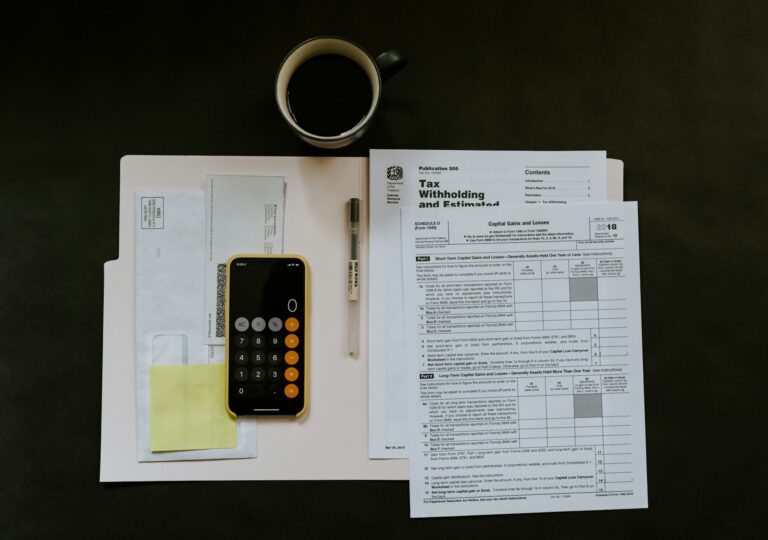New Zealand tax authorities have announced that more than 200,000 citizens have failed to declare their cryptocurrency income on their tax returns. The watchdog reiterated that virtual assets are taxable and revealed that it will take stricter measures to track down those who fail to disclose their digital asset income.
IRD publishes a letter to crypto taxpayers
The Tax Department (IRD) declared The tax administration will target taxpayers who have not declared their cryptocurrency income. It will target individuals who actively deal with cryptocurrencies but have not disclosed their income in their tax return.
In 2020, New Zealand updated its guidelines on the treatment of digital assets. Since then, cryptocurrencies have been treated as a form of property for tax purposes, meaning that income citizens earn from trading these assets is taxable, as the IRD points out.
The updated rules state that digital assets and income from their mining are taxable in certain circumstances.

IRD's updated rules for treatment of digital assets. Source: EY Tax News
The tax authority has identified more than 227,000 unique cryptocurrency users in the country with more than 7 million transactions. These transactions are estimated to be worth a total of NZ$7.8 billion, or about $4.77 billion.
According to the report, the data received helped the tax authority to identify customers who have not paid their taxes accordingly. In addition, it has helped the IRD identify users holding significant assets.
Trevor Jeffries, spokesman for the IRD, believes that investors should declare and be able to pay tax on their profits since the market has risen this year:
Crypto assets have reached new highs, making it a great time to think seriously about the taxation of their crypto activities. This high value also means that clients are well placed to pay their taxes for the 2024 tax year and prior years.
New Zealand to step up compliance efforts
Jeffries said investors should consider their tax obligations and consider the risks of not reporting all related taxable activities. He also noted that the authority has provided detailed guidance on cryptocurrency taxes.
Last year, the tax department notified a group of high-risk customers and allowed them to resolve any issues. noncompliance problems before facing an audit. Similarly, the IRD revealed that it has sent a new series of letters to cryptocurrency investors who have not yet properly declared their income.
Jeffries revealed that the tax department is “stepping up” its compliance activities for taxpayers with digital assets and reminded users that the IRD can identify them.
We want our clients and tax agents to know that we are strengthening our compliance activities for clients with crypto assets. Contrary to popular belief, people are not invisible on the blockchain, and we have the tools and analytics capabilities to identify and expose crypto-asset activity.
The IRD said it is working with domestic and international exchanges to gather relevant information. The department is also working with other tax jurisdictions to receive more data on crypto assets and transactions from customers outside of New Zealand.
It is worth noting that the country’s cryptocurrency regulation is largely underdeveloped. Last year, the Reserve Bank of New Zealand (RBNZ) said that a regulatory approach “It is not necessary at the moment, but increased vigilance is.”
However, Business and Consumer Affairs Minister Andrew Bayly believes the government should take a more hands-on approach to regulating the sector.
In April, Bayly replied The minister responded to an inquiry by a panel of lawyers suggesting New Zealand take a “more proactive and innovation-friendly approach to digital assets and blockchain”. The minister said the government should support the growth of the sector and take into account the recommendations made by the inquiry.
Bitcoin (BTC) is trading at $57,486 in the weekly chart. Source: BTCUSDT on TradingView
Featured image from Unsplash.com, chart from TradingView.com


